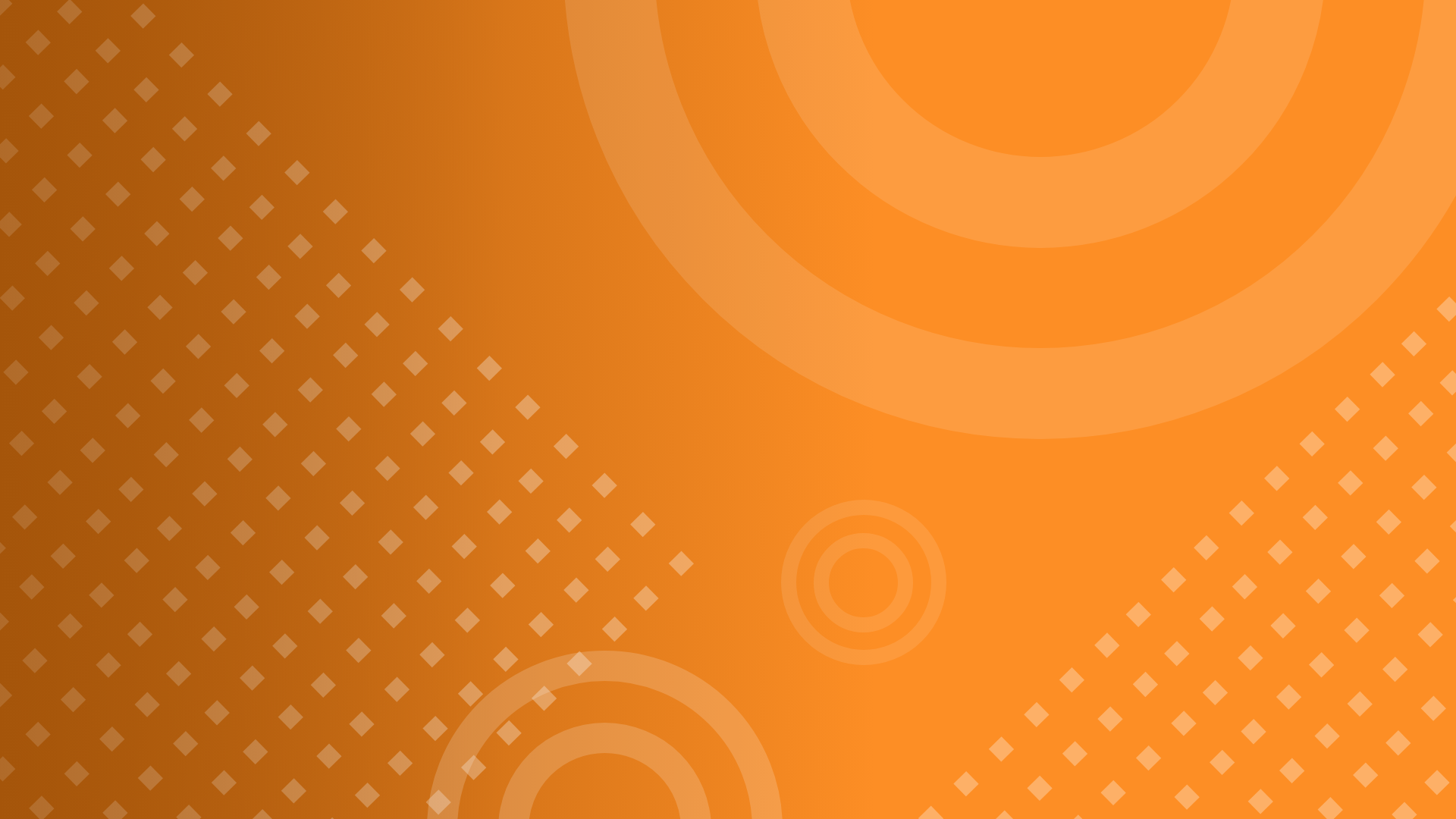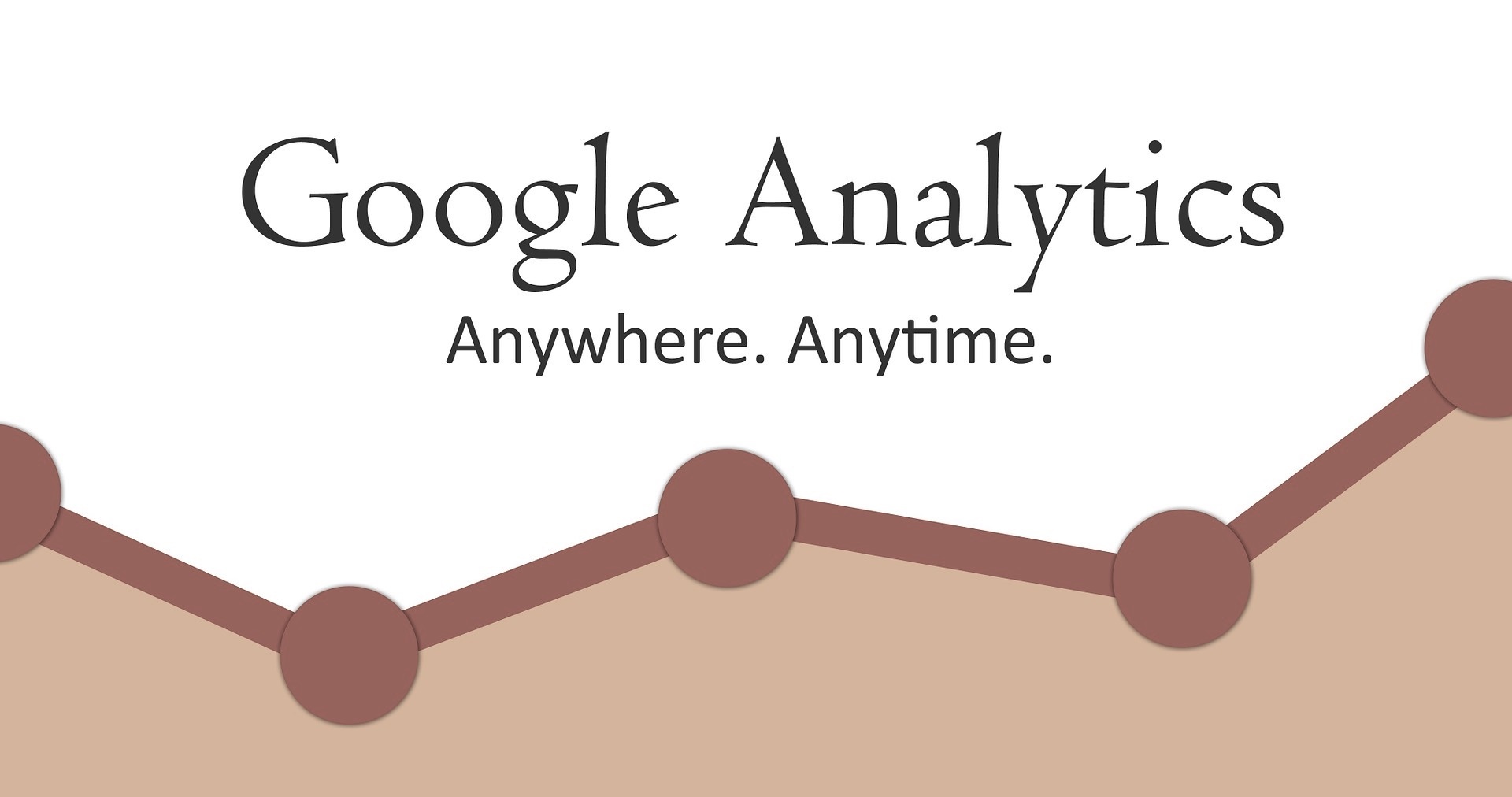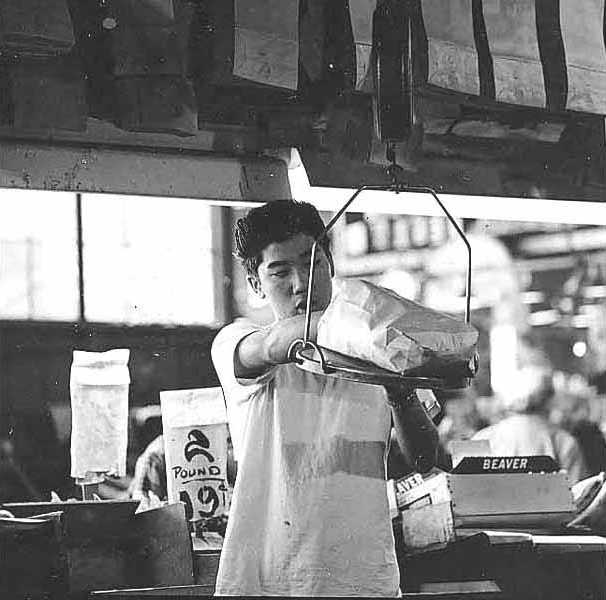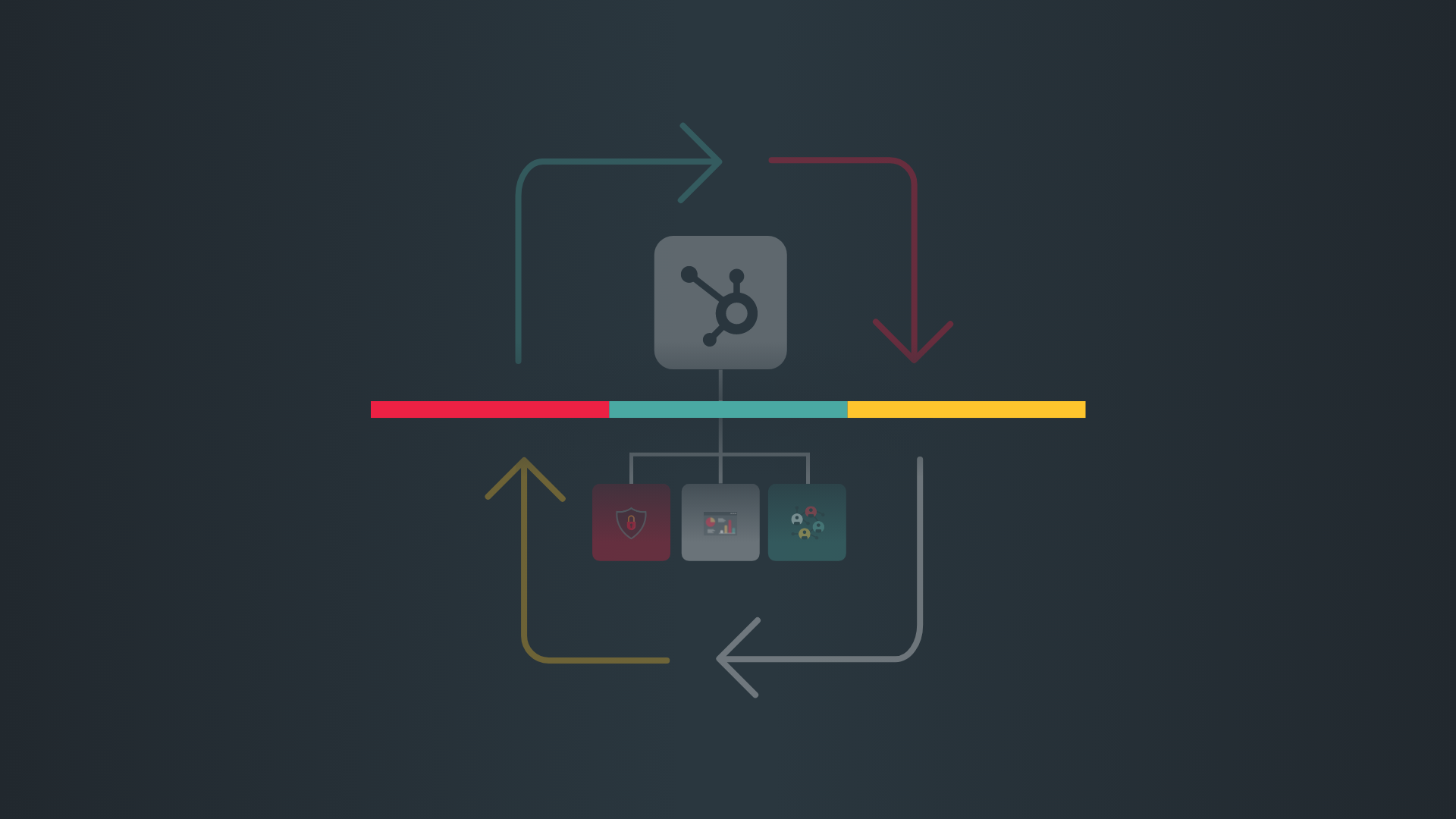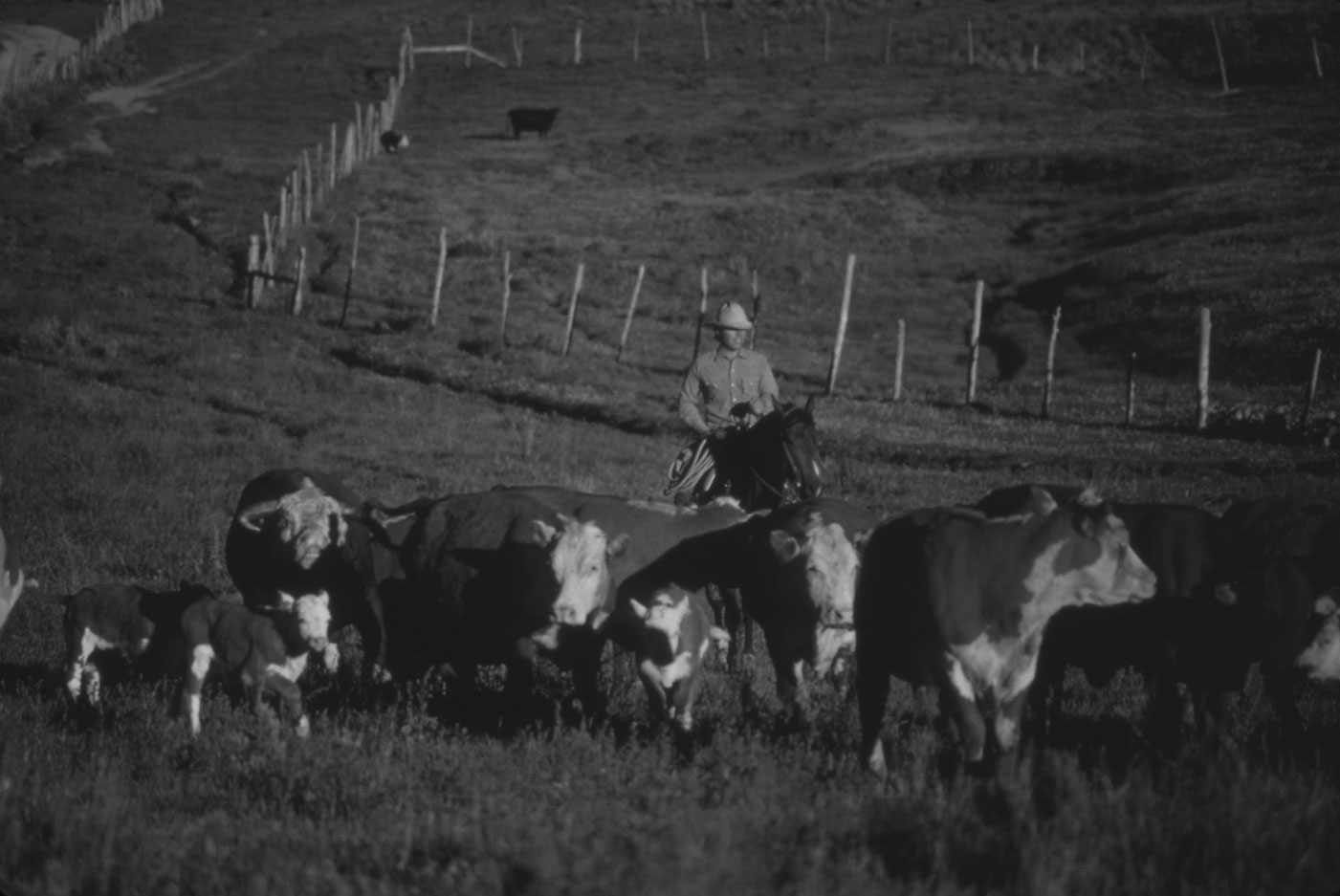Interviewing is a vital skill for many aspects of a marketer’s life. Whether you’re interviewing someone for a new job, a customer for a persona, or a subject matter expert for a content piece, many of the same skills apply.
But how do you conduct a great interview? You know, the kind that gets to the real insights, provides a breakthrough, or uncovers the content you really need.
Last year, I wrote about how to become a content and resource ninja. In that post I talked about challenges with collecting resource, mitigating roadblocks, and how to prepare to collect content you can use across a variety of applications.
In this post, I want to focus on the interview process itself. How to prepare, how to get the juicy stuff, and for those of us who collect great interview questions - some options to add to your arsenal.
Preparing for your interview
Have you ever had a busy plate, a full schedule of meetings or interviews, looked at your schedule 3 minutes before a scheduled interview, found no questions, and just winged it?
ME NEITHER
Seriously though, it happens. It doesn’t feel great though, and I’m guessing you probably didn’t feel like you did your best work, or got the most out of the interview.
Preparation, even for the most seasoned interviewer, is vital. Probably the single most impactful thing that you can do to get the most out of your interview is to be prepared.
Here’s a checklist that I commonly use for interview prep. Some of these steps require working back from your interview date, so see what works best for you to make sure that you’re ready.
-
- Get the background information. Is this for a customer persona? If so, ask your stakeholder (internal or external), to provide any background information they can and make it as detailed as possible. A persona interview is often used to compare/contrast internal assumptions, and you’ll have a hard time doing that if you don’t hear what they are first. Is this a SME (subject matter expert) interview? Look at what they’ve written about the subject, or any webinars they’ve given.
- Do your research. Is this a topical interview? What’s recently been written about this topic? Anything controversial that you can add a perspective to? Any new developments in the field? This is also a good time to collect timely links that you (or a writer) can link to in order to add perspective and validity to your piece if it’s a blog post or article.
- Write interview questions. Ideally you’ll prepare a list of questions based off of the above, and have a second set of eyes review them first. It’s helpful if you’re creating content for your stakeholder to confirm that your questions are headed in the right direction, covering the content they’re looking for, etc.
After that, I recommend sending them to your SME or your interview subject. I used to really resist sending these beforehand, because I wanted really off-the-cuff responses. But over time I’ve changed my mind. If you’re digging deep on a topic, your SME needs some time to prepare. They might not have everything about the topic top of mind. Also people are busy and this is a good step to try and guard against entering rescheduling hell. - Pre-Interview follow up. Particularly with your client, you should make sure they have time to review to ensure you aren’t missing anything crucial that they’re expecting you to cover. (Even if your “client” is internal.) I also suggest attempting one follow up with the SME a day or two before. This gets the topic back on their radar. Ask them if they have any questions or if you’ve missed anything they want to cover.
- Read through the day before. If someone else is doing all the prep work above, you need to make time to review all of it before your interview. Make time the day before to read through the questions, any material, etc. No matter how good you are on your feet, you’ll be able to ask much more thoughtful follow ups and dig into good rabbit trails if you’re prepared and know the background information. If you tend to get really booked up, put time on your calendar for this when the interview is scheduled.
- Block your calendar. Whenever possible, block at least 15 minutes after your interview to jot down any thoughts or follow up, send your recording to be transcribed, and communicate with the people you’ll be passing this off to what’s still needed and any instructions based on the conversation, while it’s all fresh in your mind.
- Get the background information. Is this for a customer persona? If so, ask your stakeholder (internal or external), to provide any background information they can and make it as detailed as possible. A persona interview is often used to compare/contrast internal assumptions, and you’ll have a hard time doing that if you don’t hear what they are first. Is this a SME (subject matter expert) interview? Look at what they’ve written about the subject, or any webinars they’ve given.
Interview considerations
We are big fans of batching resource collection and other time-saving tactics mentioned in this post. But here are some additional considerations as you prepare to conduct your interview.
-
- Do I need this interview for content creation? If so, will it include video, copy, photos? If you’re still in pandemic-zoom meeting land and not in person, you might need to help the person set up their space, make sure the lighting looks right, the sound is working properly, etc. If you have the time, we recommend sending out some basic materials to help them look and feel their best if they’re recording from home. A basic webcam/ring light combo is usually all you need. If you are creating a video, you might also consider a microphone.
- How much time will I have? Make sure you’re asking the right number of questions for the time you have, and know what questions you might need to skip in the interest of time, while still getting what you need.
- Do you still need supporting material? Make sure to have a list that you can ask your interviewee directly for. Having them email you something you’ve been waiting on while you have their time and attention saves a lot of time and follow up after the fact.
- Do I need this interview for content creation? If so, will it include video, copy, photos? If you’re still in pandemic-zoom meeting land and not in person, you might need to help the person set up their space, make sure the lighting looks right, the sound is working properly, etc. If you have the time, we recommend sending out some basic materials to help them look and feel their best if they’re recording from home. A basic webcam/ring light combo is usually all you need. If you are creating a video, you might also consider a microphone.
Conducting the interview
Alright, you’re prepared, you know what you need, and you just got to the starting line! Ready for a great interview? I think it probably goes without saying that you need to cover the basics first - get there a few minutes early (if online), make sure your equipment is working or set up, and that you’re recording properly. Once your guest joins, here are some tips for getting the most out of your time together.
- Set the tone. Take an extra minute or two to introduce yourself. Be curious, friendly, and chatty. It's worth the time to help them relax, which usually leads to more honest and less canned answers.
- Lay out expectations for the interview. Confirm that they know why they’re there and what success looks like for you. If there are particular pieces of information you absolutely must have, let them know up front. Ask them if they read the questions, if they have any concerns, or if you missed anything you should make sure to include.
- Check the time. If your interview is scheduled for a half hour or longer, ask them if they have a hard stop. This will help you manage the interview to either spend more time on specific questions, skip one, or add some if you have some bonus minutes.
- Ask open ended questions. Where possible, make sure your questions are open-ended so that they can fill in the details, or provide more information on topics that you didn’t know about or think to ask. This is where the good stuff for your content will come from when you tap into how they think about the topic.
- Listen. During an interview, your job is to listen. It’s harder than you think. You’re not listening to nod along, or to ask the next question, you are listening to understand. Get lost listening and have to take a second to refer back to your notes for the next question. Engage your active listening skills, allow your assumptions to be challenged, and ask smart follow up questions to deepen your understanding and draw out rich insights. Active listening will be the difference between a fine and great conversation.
- Ask follow up questions. Ask them to clarify any assumptions and don’t be afraid to let them know when they’ve completely baffled you. They’re used to talking to people who speak their language all day. Repeat back to them what you’ve heard them say and how you’d interpret it to see if you’re understanding the context or their point of view correctly.
- Above all, be curious. If you feel self conscious or insecure, you will not conduct a great interview. No matter the topic or purpose, they are the expert. You aren’t there to be seen at all (in the nicest possible way). You don’t need to prove you’re smart, or add to the conversation. You want to hear from them. So be curious, ask any question that comes to your mind and don’t edit it at all because you think they’ll think less of you.
- Closing. I always finish all my interviews by asking them if there was anything I missed, or should have asked. Your SME will intuitively know if you’ve missed an important point. Then, just thank them for their time, answer any follow up questions, explain how the process will work and if/when they’ll get to review their content.
Sample Interview Questions
Great questions are the lifeblood of resource collection, whether you’re preparing buyer personas, developing branding, or interviewing SMEs.
Assuming you’ve covered the basics (who, what, why, when, how), here are some questions you might consider adding to your arsenal to draw even more insights out of your interviews.
 Persona Questions:
Persona Questions:
- What is the current business environment you are facing?
- What do your clients need/want?
- How do you describe your business opportunities or challenges?
- What specific business/market opportunities do you want to take advantage of?
- How do you educate yourself/gather information on solutions for business goals or challenges?
- What are the consequences of inaction?
- How does your organization decide whether the goal/challenge/solution should be prioritized?
- What categories of solutions do you investigate?
- What keeps you up at night? (If you have a cheeky interviewee, you can gently remind them that this is topic/work related.)
- How is your job measured?
- What does success look like in your role?
- What assumptions do people make about your work/product/service?
- How do you learn new information?
- How/who do you pursue for recommendations on new products or services? How do you research whom to contact?
- What’s the impact or fall out if your job isn’t done well?
- Can you describe yourself in three words?
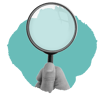 Internal Audit Questions:
Internal Audit Questions:
- What’s your superpower?
- What would happen to your work if you disappeared tomorrow (nothing dastardly, just poof!)?
- What are the aspects of your job that you like the most?
- What resources do you consider essential?
- Do you usually view processes as energizing or deflating? Why?
- What parts of the process are working well? Please tell me about the top three.
- What parts of the process aren’t working well? Please tell me about the top three.
- If you started your job over today, what would you do differently?
- If you could give up one part of your role, what would it be?
- If we could fix one thing through this process, what would it be?
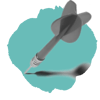 Brand Questions:
Brand Questions:
- Please explain the XYZ brand in your own words.
- How does the XYZ brand influence your communication efforts?
- How would you describe XYZ’s work?
- What do you believe are XYZ’s greatest strengths? What are their weaknesses?
- What does XYZ do better than anyone else?
- What would the world miss most if XYZ didn’t exist?
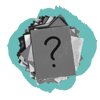 Content Questions:
Content Questions:
- What are some of the areas that cause the most confusion with this topic?
- What are some of the most common questions you get about this topic?
- What are the common mistakes that people make in this area?
- What are the most dangerous mistakes people can make in this area?
- What are the biggest gaps between what people should be doing and what they are actually doing?
- Do you have any stories or examples that help illustrate key points?
- What content points might cause some resistance or pushback?
- Is there anything that might be considered new or revolutionary over what they previously did or thought?
- How would a customer use this information?
After The Interview
Of course there is always follow up. Whether you’re passing the transcript off to be video edited, or to a copywriter (or you are the copywriter), take a few minutes post interview to take all the important next steps you need to make sure that you’re passing great information while it’s fresh in your mind.
And now you’re ready to create great, authoritative content! But that’s a topic for another post ….
Don’t miss out, get Brave News now
Join the ABN community and be the first to learn about trends in inbound marketing, branding, and web design.





